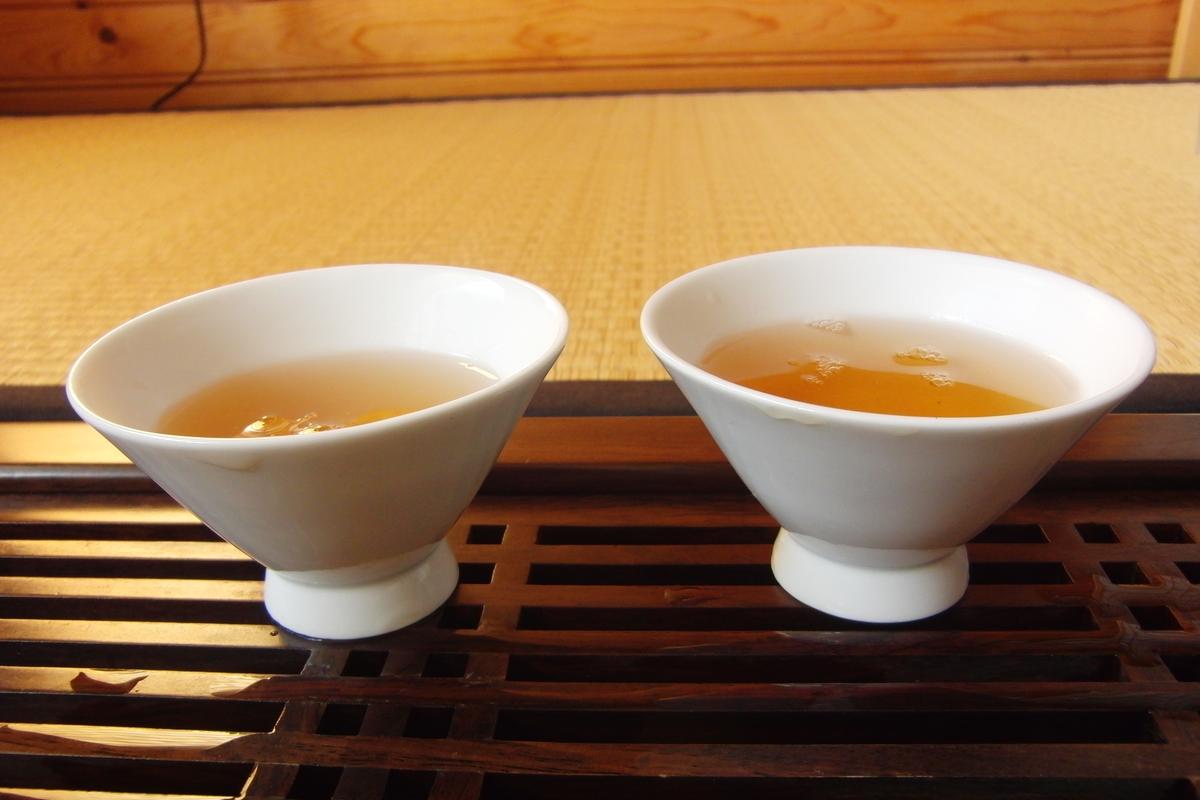Most people who have been to mainland China longer than three months, know about “English corners.” An English corner can be located anywhere, not just in England, ‘normal’ universities, schools or corners. Often when you least expect it, you'll find yourself trapped in an English corner.
English corners are where Chinese students practice English. English corners will take place, regardless whether there are native English speakers or Westerners around. But to have a real English speaker, or someone who looks like that (read: anybody who does not look Chinese), as a guest makes a full circle.
It doesn’t matter that your French accent is so strong that no one save your kin can understand your English, you are more than welcome to join.
It’s your chance to maunder about your favorite topic no one at home is willing to listen to. Your chance of a lifetime to feel like Justin Bieber, even when you do not look him. But once they got ahold of you, don’t decline. After all, you are not Justin Bieber.
Ten eager looking students will multiply by five, multiply by five, multiply by five. Best thing to do is stay calm, answer the questions, and remember that all things on Earth will come to an end.
Soon you will find that each session in an English corner is the same, and not only that, each session consists of multiple sessions, which are all the same. They are the same because they will always ask the same questions and once a patch of people have asked their questions, the next patch arrives to ask the same questions again.
A typical session within a session:
“Name? Age? Nationality?”
“What is your major?” or if you look older “What is your profession, sir?”
“Do you have a girlfriend?” or if you look older “Are you married, sir?” “Children?”
“Hobbies?”
Which brings me to tea, whenever I had a chance I would visit a tea shop in China, equipped with my own favorite English corner type of question. I always asked the tea shop owner or employees that were brewing me a cup of tea the following question:
“What is your personal favorite tea?”
I know it does not sound like an exciting question, but I always felt that their answer would be. I hoped to hear of some kind of rare or exotic tea. I thought the world of tea was so profound, every region had their own teas waiting to be discovered by me.
Yet their answer, was far from exciting:
“Pu-erh tea”
When asked why they liked that tea the best, they would always tell me that Pu-erh tea has the most depth and variation and that most tea drinkers will sooner or later end up liking Pu-erh tea the best.
This answer ruffled my feathers, as I did not really like Pu-erh tea, the Pu-erh I tried smelled fishy and tasted like earth, and so I naturally found the prospect of ending up drinking Pu-erh all day gloomy. It is maybe similar to when everyone tells you that no matter how much you currently like Thai cuisine, you will end up eating pretzels all day, every day.
But they were right: it took me a few years to realize that Pu-erh indeed has most depth and variation of all teas (I have tasted). And in the coming few posts I will try to explain why ending up drinking Pu-erh a lot is not as depressive as you might think.
English Corner
|Updated:
Peter Valk is a tea expert who has extensively travelled in Asia, interrupted by odd jobs and a short spell of studying anthropology in the Netherlands. In his travels, he steeped himself in Asian culture, learned Chinese, met his wife and found his passion. He has been in tea business over seven years, selling Chinese tea and giving workshops on Chinese tea and culture. Currently, he is living in the Netherlands where he is busily but mostly happily making up for his travel time.
Author’s Selected Articles



